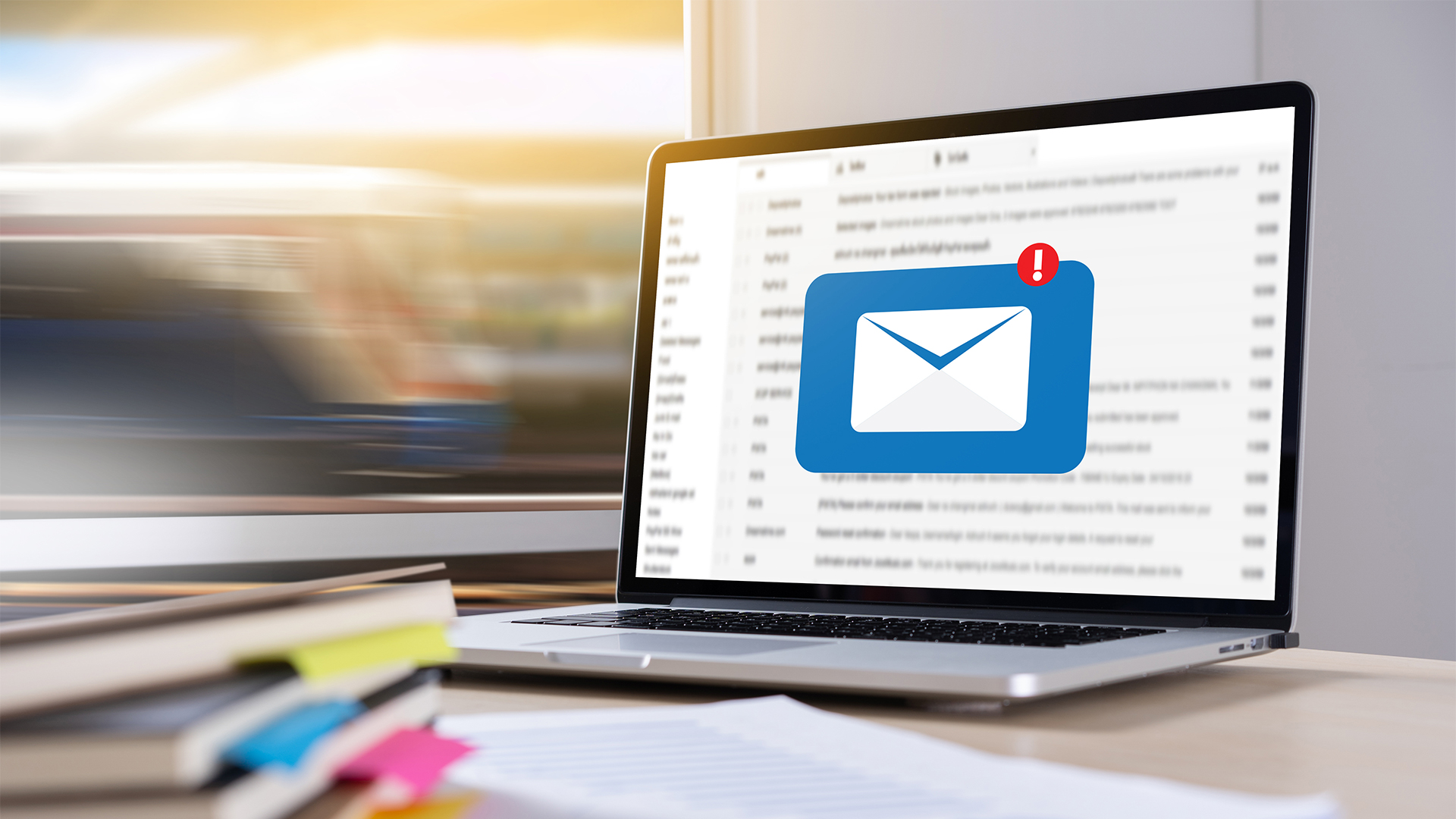
Imagine beginning your workday with an email inbox that was nearly empty, and ending it in a Zen-like perfect state of emptiness. It’s the idea, of course, behind Inbox Zero, the meticulous email management system aimed at keeping the inbox message-free.
It’s not for everyone, says Maryland Smith’s Nicole M. Coomber. “I tried it,” says Coomber, assistant dean of the Full-Time MBA program and associate clinical professor of management and organization. “I’m probably the complete opposite of Inbox Zero.”
The “Inbox Zero” efficiency plan, popularized by productivity expert Merlin Mann in a 2007 Google TechTalk, implores users to take one of five possible actions with every email, right away: Delete, delegate, respond, defer and do.
Emails that can be deleted or handled in three minutes or less get immediate attention. Ones that require some research get shoved into a separate folder. Those that can be delegated are forwarded. And so it goes, with the goal of getting to Inbox Zero.
Many, like Coomber, give up on the Inbox Zero discipline. “I felt like I was spending more time organizing my work than doing my work. And I think that’s something that’s important to consider when setting your goals.”
On average, working people send and receive an average of 121 emails per day, according to Radicati’s Email Statistics Report. Experts estimate that about 30 percent of them aren’t important.
In 2007, as Mann’s Inbox Zero approach was starting to catch on, another very different book was published. And it’s one that Coomber says speaks more to her style of organization and email management.
“A Perfect Mess: The Hidden Benefits of Disorder – How Crammed Closets, Cluttered Offices, and on-the-Fly Planning Make the World a Better Place,” by Eric Abrahamson and David H. Freedman, explains that many highly productive people don’t spend a lot of time on organizing themselves, their emails or their offices.
“If you walk around our building,” Coomber says, “a lot of our most productive academics have offices that are by no means neat. And I think it’s because they spend more time on their actual work, as opposed to cleaning up.”
And for those academics with tidy offices, well, who knows what their email inboxes look like?
There are of course benefits to wrangling our email inboxes, and making sure that important messages get the attention they deserve. To stay organized and avoid getting stressed out about email, this is what Coomber has done:
1. Explore your options. She explored the various inbox setups offered by Gmail and found one that works for her. (Outlook and other services offer similar options.) She uses tabs and folders to gather emails that are promotional or subscription-based.
This leaves her inbox free of anything that isn’t directly addressed to her. Before she landed on this system, she says, important emails would be forgotten, buried under newer, less important messages.
2. Set boundaries. Coomber now sets aside two times a day to handle email and she almost never checks it from her phone. It works for her because in her field, emails are almost never urgent. “There are very few academic emergencies,” she says.
Limiting her time with email has been liberating, she says, and comes with a multitude of benefits. “If you get out of the habit of checking your email on your phone, you tend not to do it when you shouldn’t, like when you’re driving,” she says. “And, in a weird way, it’s just helped me actually respond to the things that matter.”
3. Send placeholders. When she is struggling to come up with a response to an email, she considers why and then sends a place-holding response. It acknowledges the emailer’s question, while buying a bit of time to respond.
Recently, a colleague emailed to ask when she would like to schedule an upcoming course. Each of the possible times required Coomber to juggle things at home, where she and her husband are busy raising four young sons. The email sat in her inbox awhile, while she juggled.
“Sometimes an answer requires deeper thought or more research,” she says. “When I know that I don’t know the answer to something, I try to ping them back and say ‘Hey, I’m thinking about this and I will try to get you an answer soon.’ ”
4. Let it go. She has let go of the stress of missing an email. “I know if someone really needs an answer to something, they will send a follow-up email,” Coomber says. “And I do that with other faculty members. If I need an answer, I’ll forward the email to them again.”
–An earlier version of this article appeared on WAMU’s website.
Media Contact
Greg Muraski
Media Relations Manager
301-405-5283
301-892-0973 Mobile
gmuraski@umd.edu
Get Smith Brain Trust Delivered To Your Inbox Every Week
Business moves fast in the 21st century. Stay one step ahead with bite-sized business insights from the Smith School's world-class faculty.